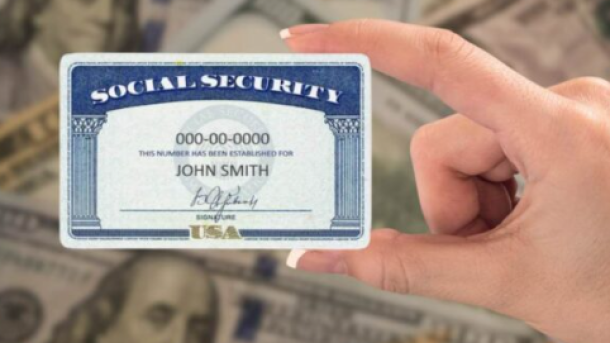Social Security Identity Verification 2025 has brought along a series of new adjustments that are impacting millions of Americans—especially retirees. Since Donald Trump began his second term as president, both the administration and the Department of Government Efficiency (DOGE) have collaborated to reform the Social Security Administration (SSA). The intention was to streamline processes, but instead, it’s left many confused and uneasy.
One of the most impactful shifts is the Social Security Identity Verification 2025 requirement. People must now appear in person at SSA field offices to verify their identity. Alternatively, the process can be completed online through the SSA’s official website. Failure to verify may result in losing benefits entirely. But identity verification isn’t the only reason someone could lose access to their Social Security payments. Here are several other crucial factors:

Social Security Identity Verification 2025: Key Requirements
The in-person verification rule is a huge hurdle for those with mobility issues or limited access to SSA locations. While the online option offers more convenience, many are finding it difficult to navigate. Regardless of the method chosen, completing the Social Security Identity Verification 2025 process is now essential to continue receiving benefits.
Social Security Identity Verification 2025 and Other Benefit Risks
Earnings Limitations:
If you’re under full retirement age (67) and already collecting benefits, you must stay within the yearly income limit. For 2025, the cap is set at $23,400. Earning beyond that amount means $1 is deducted for every $2 earned over the threshold. This can lead to partial or full suspension of benefits.
Living Abroad:
Your Social Security checks won’t be sent if you live in countries like Cuba or North Korea. Other restricted nations include Belarus, Kazakhstan, and Uzbekistan.
Incorrect Personal Details:
Make sure all personal information—like your marital status, income, and current address—is always up to date. Inaccuracies can put your benefits at risk.
Changes in Immigration Status:
For non-citizens, your eligibility depends on being lawfully present in the U.S. and having accumulated at least 40 work credits. Any changes in your legal status—such as fraud or document tampering—can cause you to lose eligibility.
Legal Problems or Jail Time:
If you’re incarcerated for over 30 consecutive days, your Social Security benefits will be paused. You’ll need to contact SSA upon release and show proof to get payments reinstated.
Source: www.inquisitr.com



